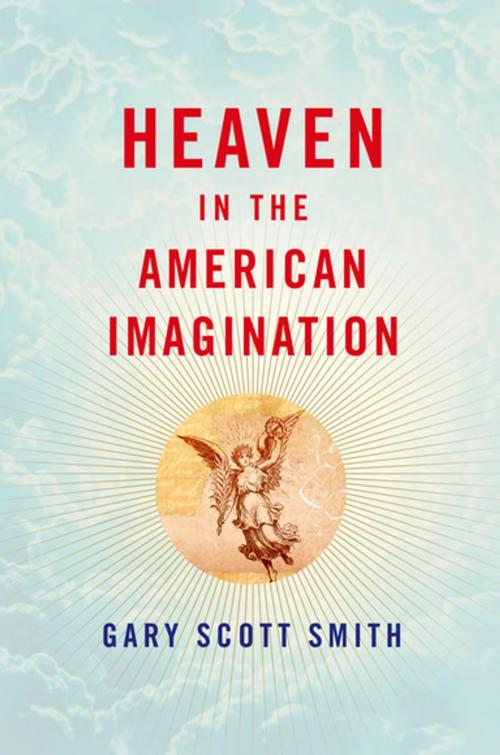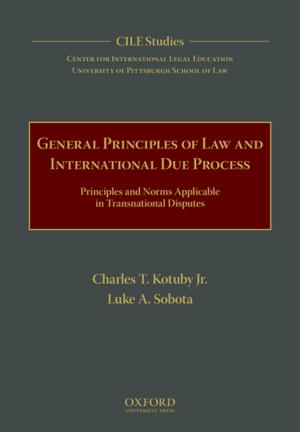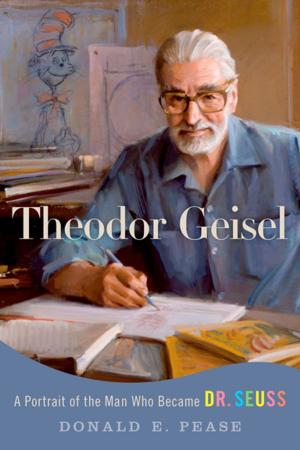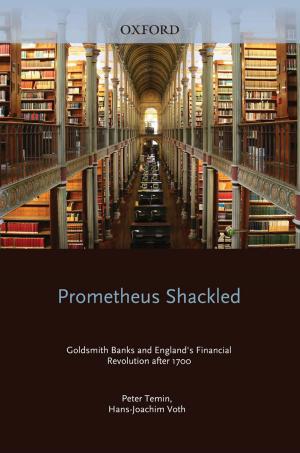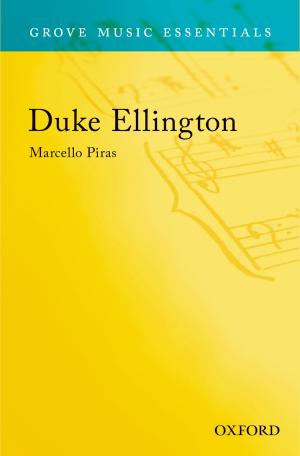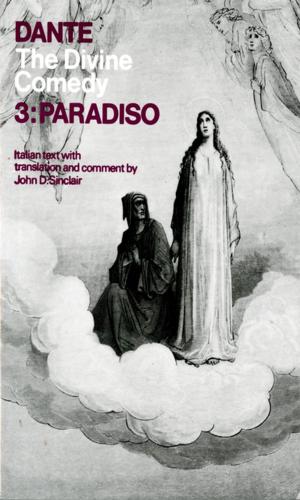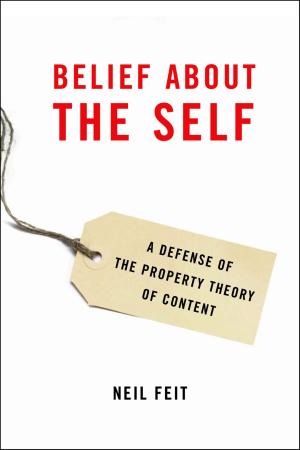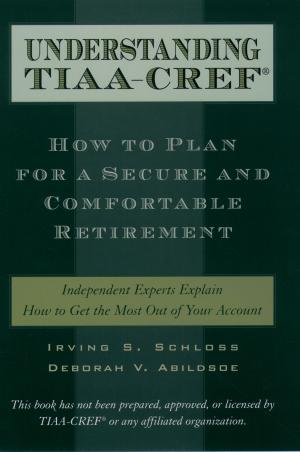Heaven in the American Imagination
Nonfiction, Religion & Spirituality, Reference, Eschatology, History, Americas, United States, State & Local| Author: | Gary Scott Smith | ISBN: | 9780199831975 |
| Publisher: | Oxford University Press | Publication: | June 1, 2011 |
| Imprint: | Oxford University Press | Language: | English |
| Author: | Gary Scott Smith |
| ISBN: | 9780199831975 |
| Publisher: | Oxford University Press |
| Publication: | June 1, 2011 |
| Imprint: | Oxford University Press |
| Language: | English |
Does heaven exist? If so, what is it like? And how does one get in? Throughout history, painters, poets, philosophers, pastors, and many ordinary people have pondered these questions. Perhaps no other topic captures the popular imagination quite like heaven. Gary Scott Smith examines how Americans from the Puritans to the present have imagined heaven. He argues that whether Americans have perceived heaven as reality or fantasy, as God's home or a human invention, as a source of inspiration and comfort or an opiate that distracts from earthly life, or as a place of worship or a perpetual playground has varied largely according to the spirit of the age. In the colonial era, conceptions of heaven focused primarily on the glory of God. For the Victorians, heaven was a warm, comfortable home where people would live forever with their family and friends. Today, heaven is often less distinctively Christian and more of a celestial entertainment center or a paradise where everyone can reach his full potential. Drawing on an astounding array of sources, including works of art, music, sociology, psychology, folklore, liturgy, sermons, poetry, fiction, jokes, and devotional books, Smith paints a sweeping, provocative portrait of what Americans-from Jonathan Edwards to Mitch Albom-have thought about heaven.
Does heaven exist? If so, what is it like? And how does one get in? Throughout history, painters, poets, philosophers, pastors, and many ordinary people have pondered these questions. Perhaps no other topic captures the popular imagination quite like heaven. Gary Scott Smith examines how Americans from the Puritans to the present have imagined heaven. He argues that whether Americans have perceived heaven as reality or fantasy, as God's home or a human invention, as a source of inspiration and comfort or an opiate that distracts from earthly life, or as a place of worship or a perpetual playground has varied largely according to the spirit of the age. In the colonial era, conceptions of heaven focused primarily on the glory of God. For the Victorians, heaven was a warm, comfortable home where people would live forever with their family and friends. Today, heaven is often less distinctively Christian and more of a celestial entertainment center or a paradise where everyone can reach his full potential. Drawing on an astounding array of sources, including works of art, music, sociology, psychology, folklore, liturgy, sermons, poetry, fiction, jokes, and devotional books, Smith paints a sweeping, provocative portrait of what Americans-from Jonathan Edwards to Mitch Albom-have thought about heaven.
